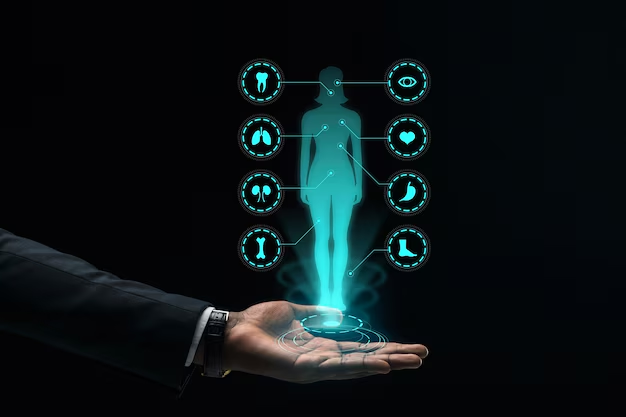Medical ethics forms the backbone of modern healthcare. It is a discipline that seeks to harmonize the complexities of scientific advancements with the moral obligations healthcare professionals owe to their patients. In an era of rapid technological progress, the importance of maintaining this balance has never been greater.
The Four Pillars of Medical Ethics
Medical ethics rests on four key principles that guide healthcare professionals in their decision-making process:
- Autonomy: Respecting a patient’s right to make informed decisions about their own health.
- Beneficence: Acting in the best interest of the patient to promote their well-being.
- Non-Maleficence: Avoiding actions that can cause harm to the patient.
- Justice: Ensuring fair distribution of healthcare resources and equitable treatment for all patients.
These principles often intersect, requiring healthcare providers to carefully navigate complex scenarios where ethical dilemmas arise.
Ethical Challenges in Modern Medicine
Modern medicine introduces several ethical challenges. These include:
- Genetic Engineering: Technologies like CRISPR allow for genetic modifications, raising questions about “designer babies” and genetic inequality.
- End-of-Life Decisions: Balancing the prolongation of life with the quality of life in cases of terminal illnesses.
- Artificial Intelligence: The use of AI in diagnostics and treatment planning raises concerns about human oversight and accountability.
- Data Privacy: Protecting patient confidentiality in an era of digital records and data breaches.
These challenges highlight the tension between technological capabilities and moral considerations.
The Role of Cultural and Social Contexts

Medical ethics does not exist in a vacuum; it is influenced by cultural, religious, and societal values. For instance, end-of-life decisions may vary significantly between cultures due to differing beliefs about the sanctity of life and the acceptability of euthanasia. Healthcare professionals must remain sensitive to these differences while upholding universal ethical standards.
Building Trust Through Ethical Practice
Ethical medical practice builds trust between healthcare providers and patients. Transparent communication, respecting patient autonomy, and demonstrating compassion foster a strong therapeutic relationship. This trust is crucial for effective healthcare delivery, especially in situations where patients feel vulnerable.
Conclusion
Medical ethics is a dynamic field that evolves with advancements in science and changes in societal values. Balancing science and humanity requires healthcare professionals to remain steadfast in their ethical principles while adapting to new challenges. By prioritizing compassion, fairness, and respect for autonomy, the healthcare system can ensure that technological progress serves humanity without compromising moral integrity.
FAQs
Q. What are the four principles of medical ethics?
The four principles are autonomy, beneficence, non-maleficence, and justice, forming the foundation of ethical medical practice.
Q. How does medical ethics address genetic engineering?
Medical ethics evaluates the implications of genetic engineering, such as its impact on equity and the moral boundaries of altering human genes.
Q. Why is cultural context important in medical ethics?
Cultural context shapes perceptions of ethical practices, influencing decisions on issues like end-of-life care and medical interventions.
Q. What role does AI play in ethical healthcare?
AI assists in diagnostics and treatment but raises ethical concerns about accountability, transparency, and patient data security.
Q. How can healthcare providers build trust with patients?
Healthcare providers can build trust by communicating transparently, respecting patient choices, and demonstrating empathy and fairness.

